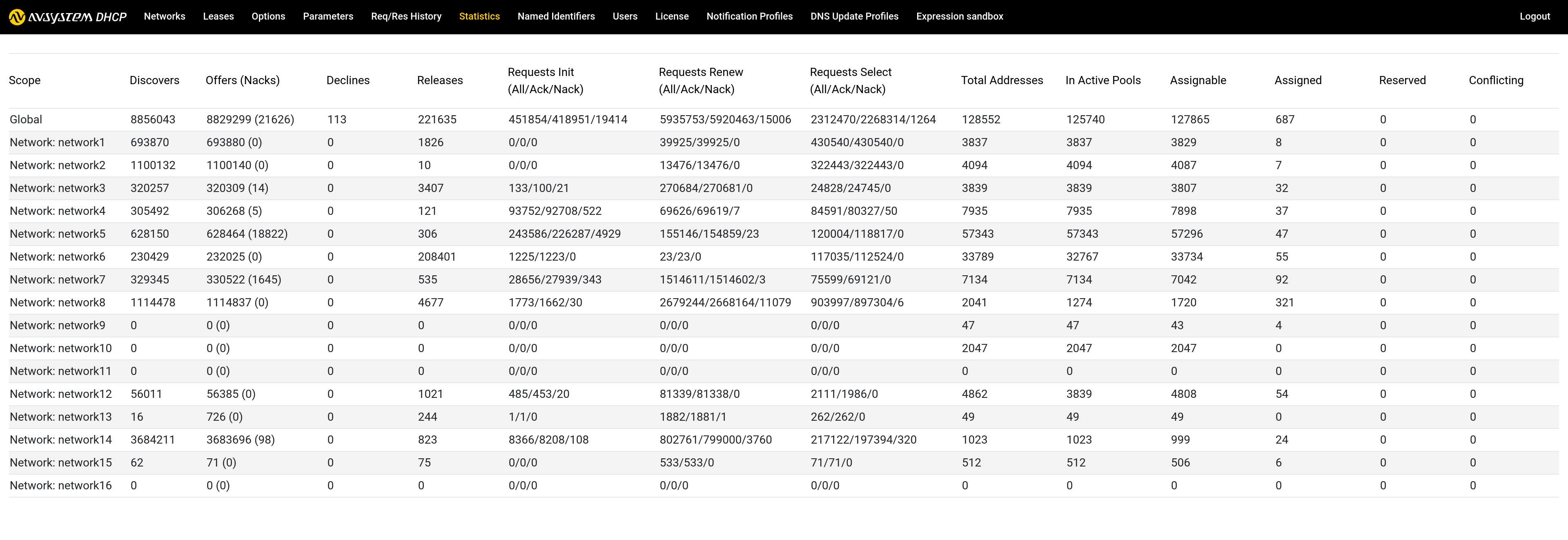A DHCP server is an almost indispensable element of all networks. Its role is to dynamically assign IP addresses and other parameters to devices in a network, using the Dynamic Host Configuration Protocol (DHCP). Thanks to a DHCP server, network operators don’t have to perform this mundane task manually, which frees up their time and reduces the number of configuration errors.

How does it work?
DHCP request
DHCP lease
IP pool management
A good DHCP server is:
integrated with an IPAM
configurable in runtime
intuitive and navigable
highly available
flexible regardless of network complexity
integrable with third-party systems
Released man-hours
Smaller number of errors
Effective IP pool use
Automated network configuration
Why do you need a DHCP server?
Simply put, the alternative to having a DHCP server is to manually assign and keep track of IP addresses. With large networks that quickly becomes unmanageable. Nor does it make much sense.
The server frees up network operators’ time so that they can focus on the real challenges of their work. As it reduces the need for manual intervention, it also decreases the number of human errors that would naturally occur. On top of this, because the IPs are assigned dynamically, the IP pool is used more effectively, which is especially important in depleted IPv4 networks.
Easier network management
High availability
More functionalities
Released overhead
Why not just use a router?
Yes, you can let routers or other network equipment handle the Dynamic Host Configuration Protocol if your network is small enough. However, there are a few considerations you need to account for.
Most importantly, it is easier to manage one DHCP server than a set of separate servers located on routers. This gives you better visibility into your network and greater flexibility.
Additionally, a DHCP server is a safer option if its architecture ensures high availability. Then, if one node goes down, the other can quickly take over, having little to no impact on the clients.
Finally, there’s the matter of overhead. After all, handling DHCP requests is yet another task for the router to perform that puts an unnecessary strain on its performance and may negatively affect the network.
Dive deeper
Are you ready to upgrade your network with a new DHCP server? See what AVSystem has to offer.